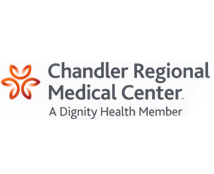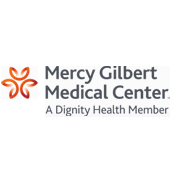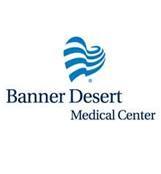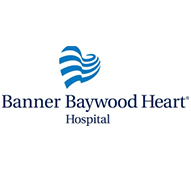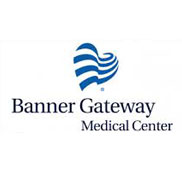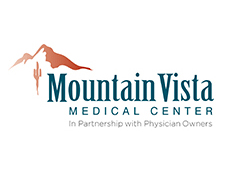Hypertension
What is hypertension?
Hypertension is often called high blood pressure. Blood pressure is calculated by the amount of blood your heart pumps and the amount of resistance to blood flow in your arteries. The more blood your heart pumps and the greater the resistance of your arteries, the higher your blood pressure will be.
Hypertension is a common condition in which the force of the blood against your artery walls is so high that it may eventually cause health problems such as heart disease. Uncontrolled hypertension increases your risk of serious health problems, including heart attack and stroke. Typically, high blood pressure develops over a prolong period of many years. Eventually, it affects nearly everyone.
What causes hypertension?
There are two types of hypertension: primary and secondary. Primary hypertension has no identifiable cause and usually develops gradually over many years. 90-95% of cases of hypertension are classified as primary. Secondary hypertension tends to appear suddenly and may be caused by one or several factors, including: adrenal gland tumors; kidney problems; certain medications including birth control pills, cold remedy, decongestant, over-the-counter pain relievers and some prescription drugs; certain birth defects in blood vessels; and illegal drugs such as cocaine and amphetamines.
What are the common symptoms of hypertension?
No signs or symptoms are apparent to most people with high blood pressure, even if blood pressure readings reach alarmingly high levels. While a few people with early-stage high blood pressure may have dizzy spells or dull headaches, or a few more nosebleeds than usual, these indications do not typically occur until high blood pressure has reached a very severe, even life-threatening stage.
Is hypertension dangerous?
Yes. Uncontrolled high blood pressure will increase your risk of serious health problems, including heart attack and stroke.
What factors increase your risk of hypertension?
High blood pressure has many risk factors, including: being overweight or obese; stress; age; race; family history; using tobacco; being physically inactive; too little potassium in your diet; too little vitamin D in your diet; too much salt (sodium) in your diet; drinking too much alcohol; certain chronic conditions including high cholesterol, diabetes, kidney disease and sleep apnea.
Sometimes pregnancy can contribute to hypertension as well. While hypertension occurs most often in adults, children may also be at risk. For some children, hypertension is caused by problems with the heart or kidneys. But for a growing number of kids, poor lifestyle habits — such as lack of exercise and an unhealthy diet contribute to their high blood pressure.
How is hypertension detected?
Hypertension is detected by the regular blood pressure monitoring which is part of each routine doctor’s appointment. If not, be sure your doctor gets your blood pressure reading at least every two years once you’ve turned 18. Your doctor will most likely recommend more frequent readings if you’ve already been diagnosed with hypertension or any other risk factors for cardiovascular disease. Blood pressure measurement as a part of each yearly check-up normally begins when children are 3 years of age.
How is hypertension treated?
Once you know you have high blood pressure, you can work with your doctor to control it. Integral to preventing and treating hypertension is a healthy lifestyle. You can lower your blood pressure with the following lifestyle changes: quit smoking; lose weight if you are overweight or obese; eat a healthy diet; cut back the amount of salt in your diet; limit your alcohol intake; get regular aerobic exercise.
In addition to lowering blood pressure, these measures enhance the effectiveness of high blood-pressure drugs. Drugs to treat hypertension include: angiotensin II receptor blockers (ARBs); diuretics; angiotensin-converting enzyme (ACE) inhibitors; calcium channel blockers; beta-blocker. If your blood pressure is more than 20/10 points higher than it should be, your doctor may consider starting you on two drugs or placing you on a combination pill.
Is hypertension a common condition?
Hypertension is a common health problem, eventually affecting nearly everyone due to stiffening of arteries that naturally occurs with age. In the US, approximately 32 percent of African-Americans, and 23 percent of white people and Mexican-Americans have hypertension. Hypertension is more prevalent as people grow older.
As an example, among people over 60, hypertension occurs in 65 percent of African-American men, 80 percent of African-American women, 55 percent of white men, and 65 percent of white women.






